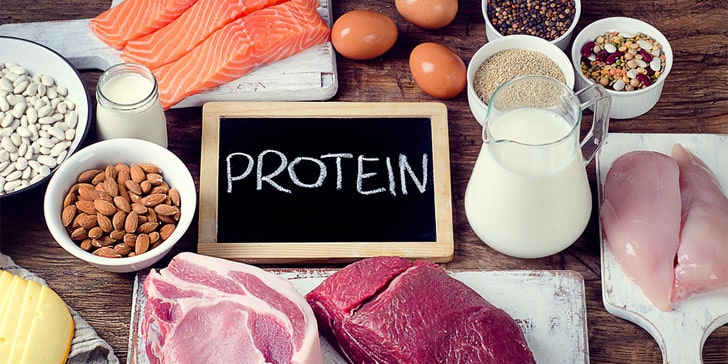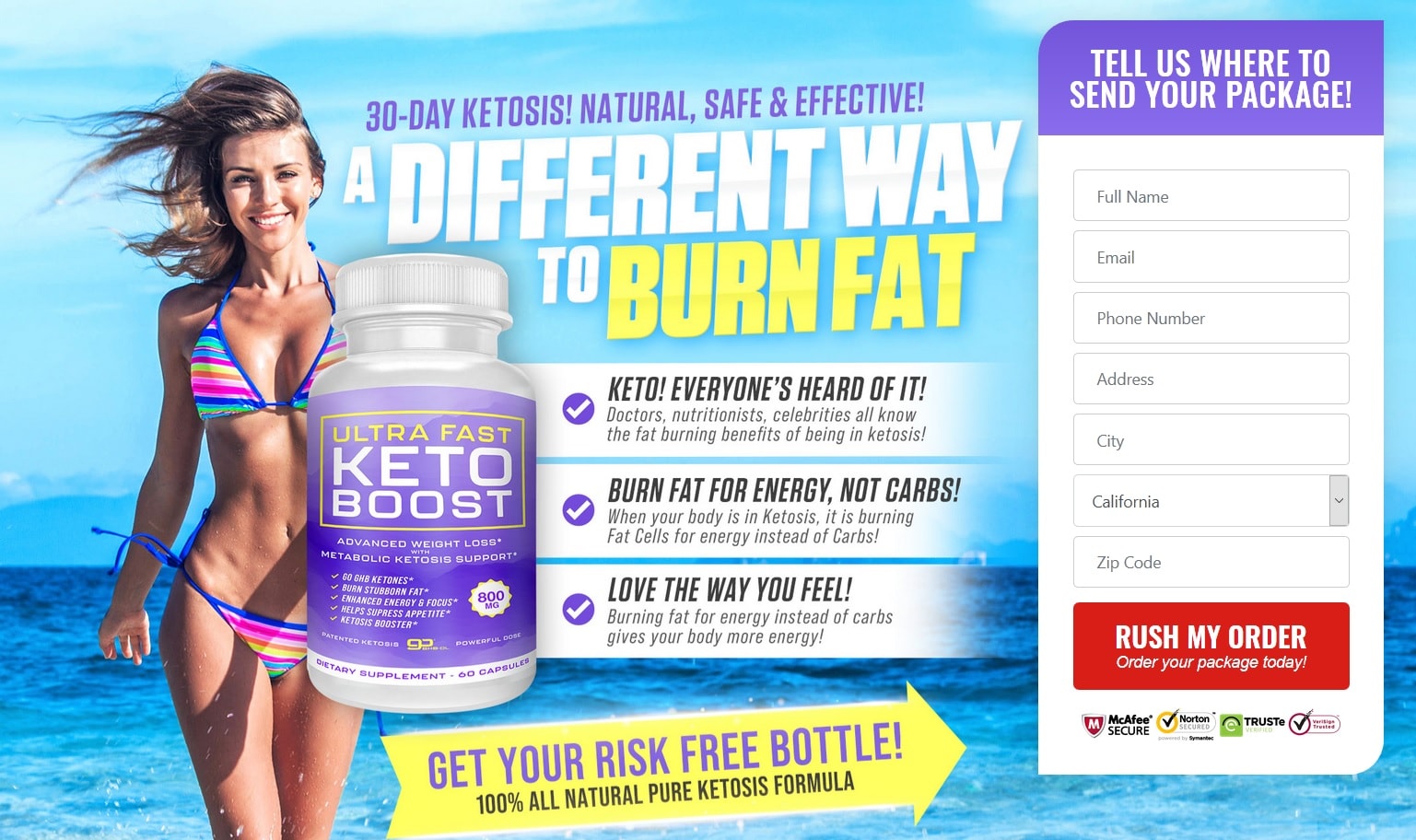Table of Contents

Your health is your wealth. As such individuals will at times follow a particular diet plan just to manage some health condition as well as enjoy the health benefits that come with it. In this article we will explore the high protein ketogenic diet plan, more specifically the high protein type of ketogenic diet plan. We shall define ketogenic diet plan, discuss the benefits of the plan as well as its drawbacks.
Defining keto diet plan
The objective of ketogenic diet plan is to reduce the amount of carbohydrates significantly while upping the amount of fats in the body.
Normally, the body undergoes a process called glycolysis, the breakdown of carbohydrates into glucose which is further used to produce energy. By limiting the amount of carbohydrates in the body, through following a ketogenic diet plan, the body switches from glycolysis to ketosis. Ketosis is the process through which fats are burned to release ketones. Ketones serve as a substitute for glucose for energy production.
When following a ketogenic plan patients are advised to pay more attention to three groups of nutrients: proteins, carbohydrates and fats. Varying the amount of these nutrients will lead to two common types of ketogenic diet plan.
Types of keto diet plan
By varying the amount of proteins, we have standard ketogenic and high protein ketogenic plan. For the standard version of the diet plan there is moderate protein, low carbohydrate and high fat content in the body. That is 20% protein, 5% carbohydrates and 75% fats. In high protein ketogenic diet plan we have more protein ratio, low carbohydrate and high fat content in the body. That is 40% protein, 5% carbohydrates and 55% fats.
High protein keto diet plan
High protein diet contains more protein and fats compared to carbohydrates. High protein is best suitable for athletes and individuals who exercise often. Contrary to the misinformation on the web, high protein intake is actually beneficial to the diet. Proteins are body building nutrients meaning they help to build muscle. Additionally proteins provide amino acids which are essential to the body. Most dieters fear consuming more protein because they will be converted to sugar hence limiting ketosis.
Sources of protein
Having stated the importance of protein in a diet, let’s look at sources healthy protein. The following are the main sources of protein: beef, poultry, fish, eggs and pork.
Noteworthy risk associated with high protein ketogenic diet plan
Increased chance of heart disease.
Consuming protein like fatty meat and milk products lead high cholesterol, a compound known to increase chances of a heart disease. It is advisable to eat a healthy amount protein to keep the ratio of fats and carbohydrates balance so as maintain ketosis.
Benefits of ketogenic diet plan
Ketogenic diet plan has proved to be beneficial since 1920s as it was used to manage epilepsy in children. Let us examine other health benefits of the diet plan.
Weight loss – through ketosis, fat in the body is burned instead of being stored. A significant amount of fats being burned results in loosing weight. To optimize weight loss, you ought to follow the high protein version as opposed to the standard version of the diet.
Managing type two diabetes.
Diabetes is characterized by high blood sugar levels. Following a ketogenic diet plan reduces the amount of sugar and fat in the body. Hence doctors recommend the diet for type two diabetic patients to reduce blood sugar levels.
Managing epilepsy.
As mentioned earlier, the diet was used manage epilepsy resulting in less frequent seizures. Research done in recent times show that adults also respond to the diet well.
Boosting mental performance.
During ketosis the brains is constantly fueled by ketones instead of glucose whose supply tends to deviate from time to time. Ketones help to boost concentration and clarity.
A word of caution
Despite the benefits of ketogenic diet the following groups of people are advice to seek medical attention before committing to the diet:
Lactating mothers – mothers lose a significant amount of sugar when breastfeeding. Committing to a low-carbs diet would be detrimental to their health leading to ketoacidosis. Ketoacidosis occurs when the body produces excess ketones than they are needed.
Professional players – players aiming to gain more weight are advised against following ketogenic as the plan results to fat cuts.
For a successful ketogenic diet plan the rule is to limit carbohydrate while upping fats and protein intake. Like other life goals dieting requires perseverance and dedication hence dieters are advised to exercise healthy food choices.

